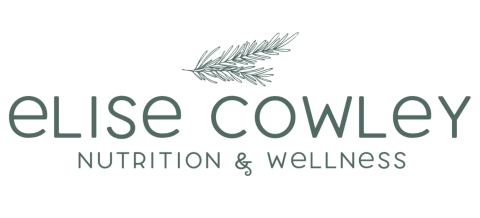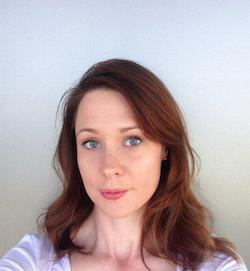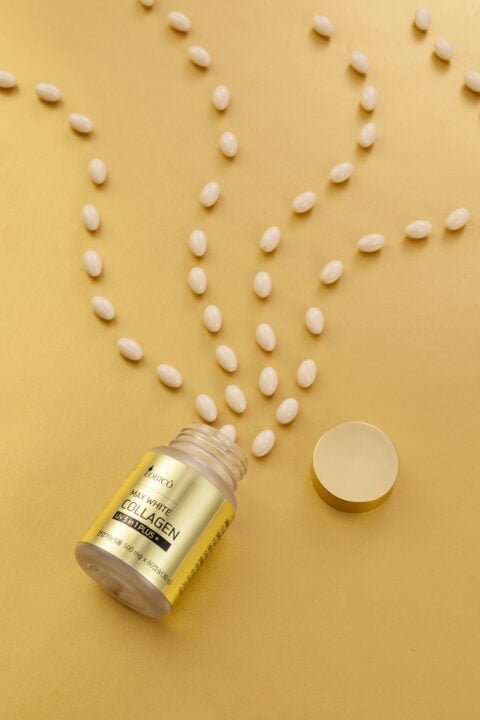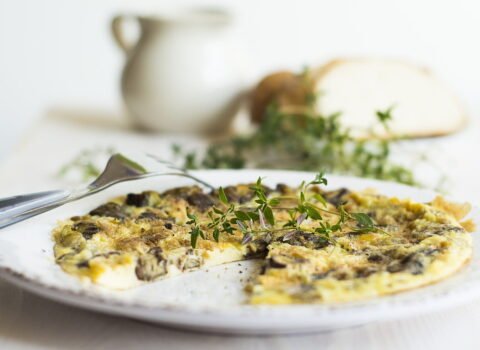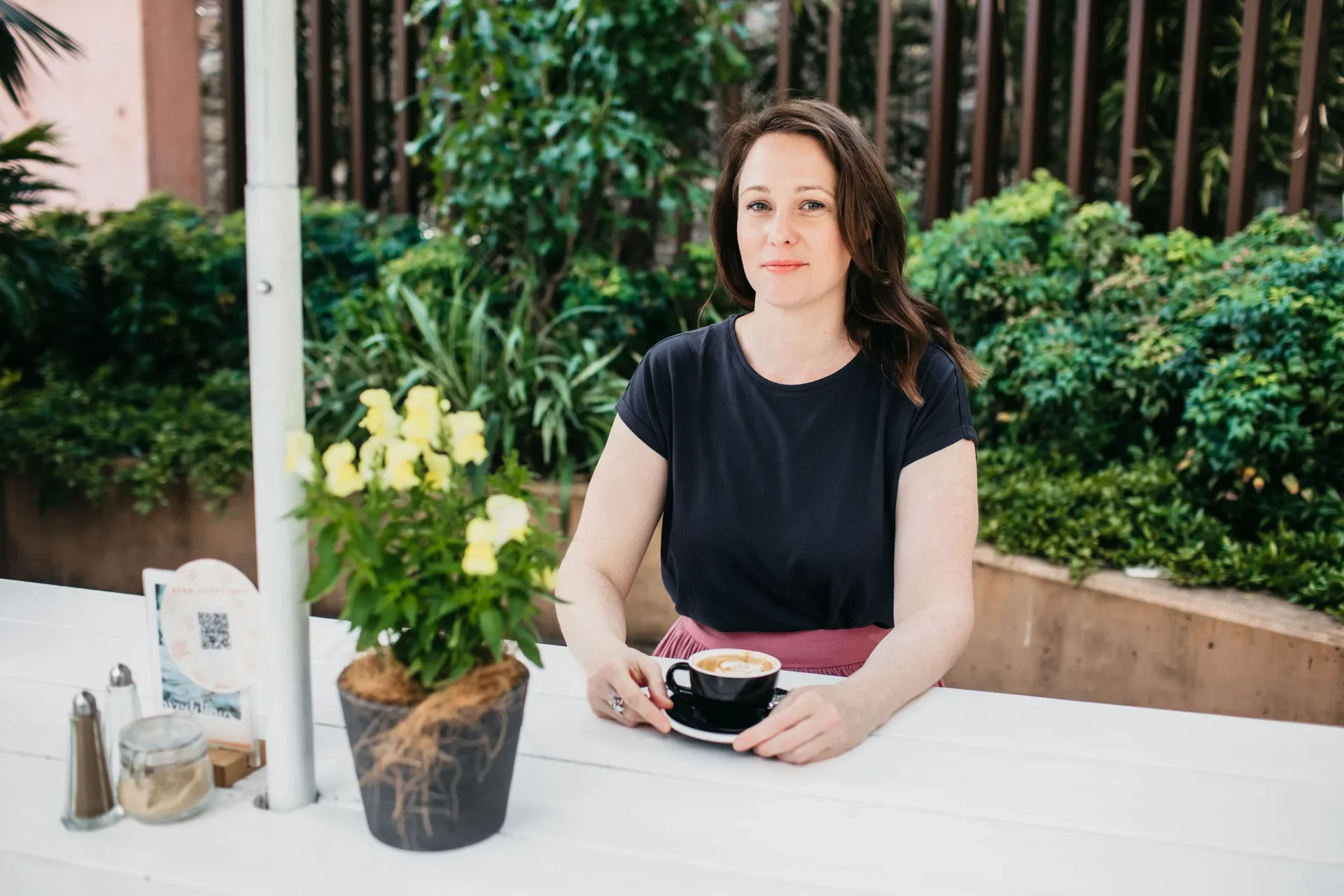The essence of my training as a Nutritionist focuses on the six principles of natural medicine. More recently I’ve adopted aspects of functional medicine into my practice. These two approaches align well and can be summarised below.
1. Safe & Effective Treatments:
Every treatment or intervention follows specific guidelines to be of benefit to and avoid harming the patient. This means using evidence-based practices and appropriate methods within my professional scope, while respecting the individual’s healing process. This principle is commonly known as ‘first do no harm’ and is a basic tenet of both conventional and natural medicine practitioners.
2. Natural Methods:
One of my core beliefs is trusting the innate healing mechanisms of the body. After identifying the barriers to optimal health (environmental toxins, poor diet and lifestyle, stress), and working towards providing the body with all the right healing conditions, the work of healing often takes care of itself. I aim to provide support to these finely tuned body systems using nature and nutrition as my primary tools.
3. Holism:
This is a hallmark principle of natural medicine, and also underpins the functional medicine model. Holism and the interconnected nature of physiology. The physical, mental, emotional, environmental, genetic, social and spiritual health of the person is evaluated for treatment. Each patient is biochemically individual and unique, therefore a patient-centred approach is important.
4. The root of the problem:
Investigate, identify and treat the underlying causes of illness rather than suppressing symptoms. Health should be felt as a positive vitality and not simply the absence of disease.
5. Teach a person to fish:
Education and knowledge is often the most powerful tool for a practitioner to give to their patient. Teaching you to feel empowered about yourself, to make informed choices and take things into your own hands is the ultimate goal.
6. Prevention as the ultimate medicine:
Interventions should be employed to reduce disease susceptibility using appropriate natural methods, while promoting organ reserve, positive vitality and quality of life for patients.
